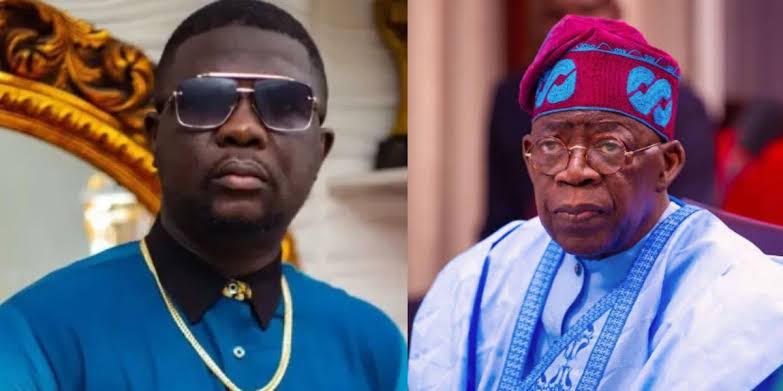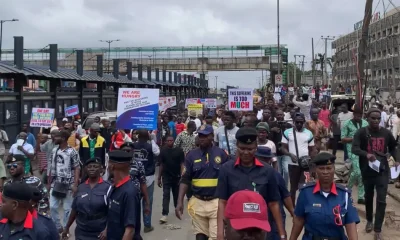
News
Seyi Law Confronts President Tinubu Over Controversial CBN Cybersecurity Levy

iexclusivenews – In a recent turn of events, Nigerian comedian Seyi Law has openly criticized President Bola Tinubu regarding the Central Bank of Nigeria’s (CBN) latest policy.
The policy in question involves a new cybersecurity levy, which mandates a 0.5% charge on all electronic transactions.

This directive aligns with the amendments made to the Cybercrime (Prohibition, Prevention, etc.) Act 2024.
Understanding the Cybersecurity Levy
The CBN’s directive requires financial institutions to implement the levy at the point of transaction initiation, reflecting it in customers’ accounts as a “Cybersecurity Levy”.
The move aims to bolster cybersecurity measures in line with the updated legislation.

Seyi Law’s Stance on the Levy
I hate when government agencies don't speak up to the understanding of the citizens and allow wrong narratives to fester before tackling it. Cybersecurity level, according to the act, is 0.005%, and different figures from 0.5% to 3% are being thrown around.
A 0.5% charge in the…
— SEYILAW (@seyilaw1) May 7, 2024
Seyi Law took to his social media to express his disapproval, labeling the levy as excessive and potentially harmful to the Nigerian populace.
He argues that such a policy could deter people from engaging in banking transactions, possibly leading to a preference for cash hoarding.
MORE NEWS:
Binance CEO Exposes Nigerian Officials’ Secret Crypto Payment Demand
Legendary Actress Ovularia Passes On at 81
The Debate Over Minimum Wage
Amidst the controversy surrounding the cybersecurity levy, Seyi Law also brought attention to the issue of the minimum wage.
He questioned the timing of the levy’s implementation, suggesting that the government should prioritize the announcement and implementation of a new minimum wage.
A Call for Transparency and Reevaluation
The comedian’s critique extends to the need for clarity from government agencies and a reevaluation of the levy.
He urges the CBN to reconsider the policy and calls for a more breathable economic environment for Nigerians.
A Plea for Consideration
Seyi Law’s comments reflect a broader concern among citizens regarding the new financial burdens and the government’s economic policies.
His call for action underscores the importance of governmental transparency and the impact of economic decisions on everyday Nigerians.




























